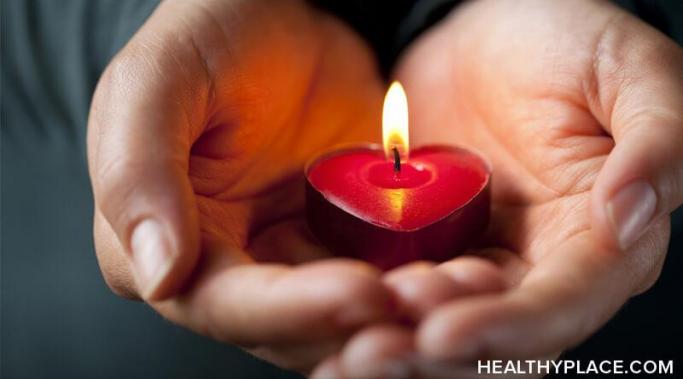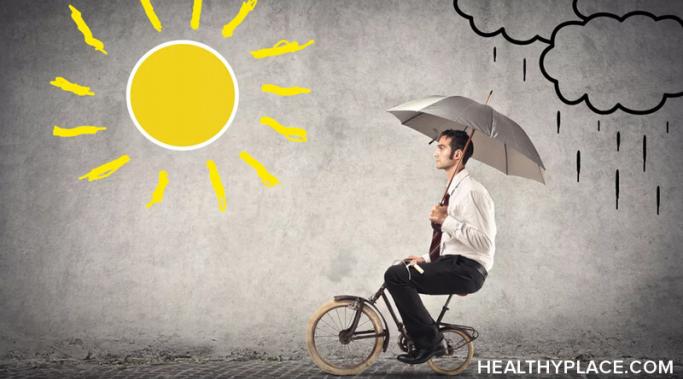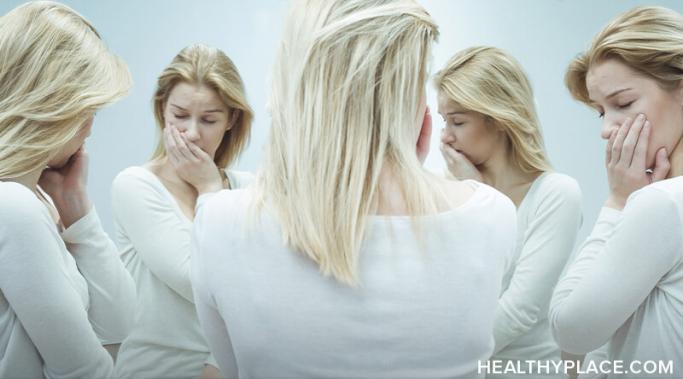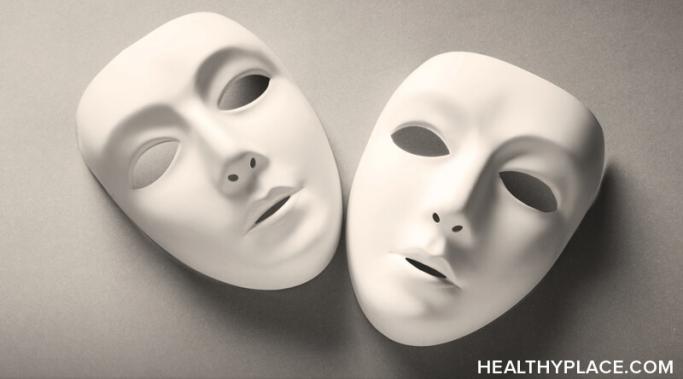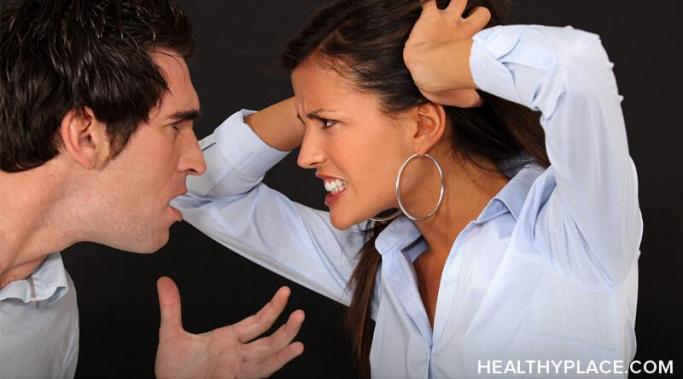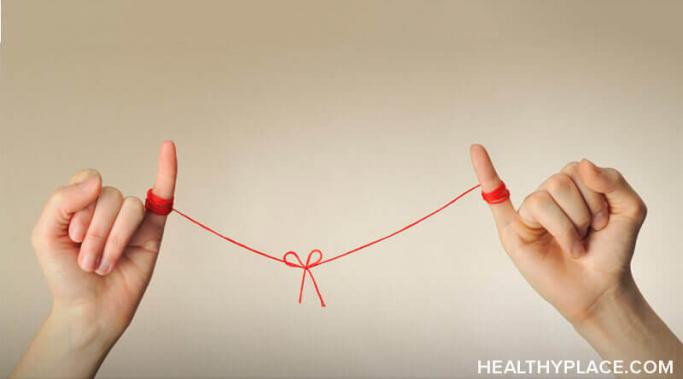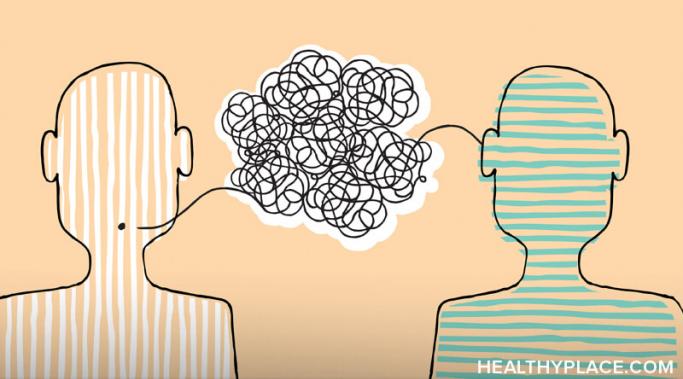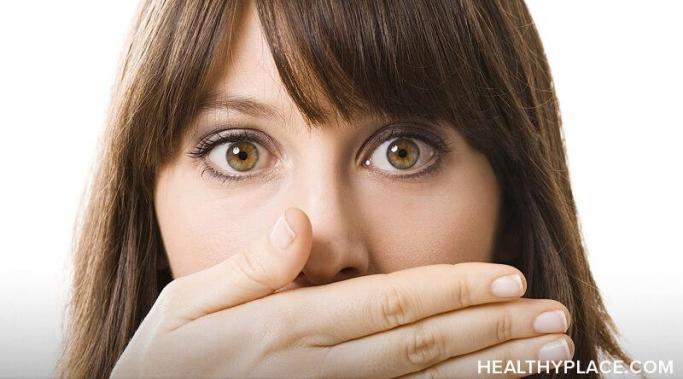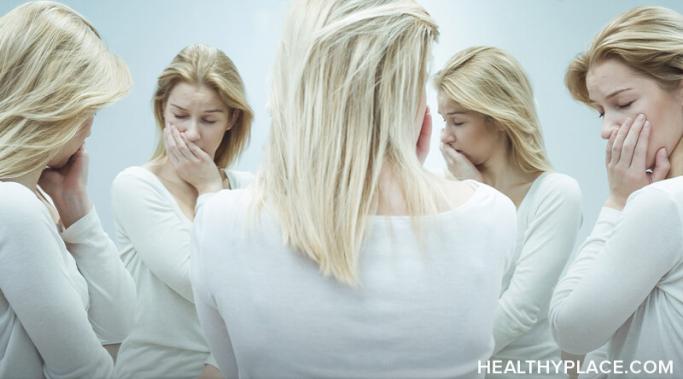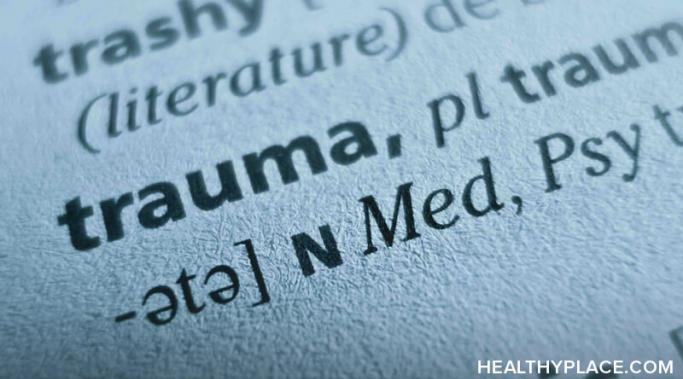For the past few years, I've decided to prioritize my mental health and not visit my family over the holidays. It's a decision not everyone may understand. Aren't the holidays about spending time with your loved ones? I do love my family, but the most loving thing I can do for myself is to take quiet time alone to rest and relax. Time with my parents and sister is often stressful and triggering for me. I've decided that my mental health is more important than anything else.
Unhealthy Relationships
Sometimes I wonder what my life would look like if I didn't have borderline personality disorder (BPD) and complex posttraumatic stress disorder (complex PTSD). It saddens me to think about the experiences and accomplishments I may have missed out on due to my ongoing battle with mental illness. While it's impossible to know the life I could have had, it's an interesting thought experiment to look back and imagine how things could have turned out differently. What if I'd led a life without mental illness?
As someone who lives with borderline personality disorder (BPD) and complex posttraumatic stress disorder (PTSD), I'm engaged in a daily struggle to maintain my sanity. What impacts my sanity the most is the belief that I've said or done something to interfere with other people's sanity. I've learned that the best way to interfere with other people's sanity is to become involved with them in intimate relationships. That way, I can offer them front-row seats to witness my cyclical descent into instability and be swept up into it themselves whenever they try to bring order to my intermittently untameable internal chaos. I don't know how to stay sane, in love, or out of it. When it comes to relationships, all I seem to do is bring my partners into the eye of the storm of a woman who's lost her center and herself.
Like many people who live with borderline personality disorder (BPD), the relationships in my life have been turbulent: I've been estranged from my family on several occasions, and my friendships rarely last longer than a few years. However, the most dysfunctional relationships I've had have been with my two long-term romantic partners. I don't like how I behaved in either of those relationships, yet I felt helpless to find a way to behave differently. I watched myself become passive-aggressive, demanding, argumentative and possessive. I witnessed the hurt I caused and wrestled with intense shame, despair, and self-loathing. The turmoil I struggled with in my relationship with my first boyfriend was so intense that, after our breakup, I ended up overdosing as a cry for help. (Note: This post contains a trigger warning.)
Juliana Sabatello
Conflict is a normal part of relationships, but so many don't realize the difference between healthy and unhealthy conflict resolution. The "four horsemen" is a concept developed by Dr. John Gottman to describe four unhealthy ways that couples argue, which lead to a relationship's demise: criticism, contempt, defensiveness, and stonewalling.
Juliana Sabatello
Codependency was a term I remember hearing as a teen but didn’t understand. What is the difference between offering and relying on support from a loved one in times of need and being codependent with that person? I’ve seen people in my life slip into this unhealthy relationship pattern, and I understand now just how mental illness and trauma create the perfect environment for codependency to grow.
Juliana Sabatello
Many people are much more open to the idea of mental health counseling nowadays, but I still encounter people who don't understand the point of paying someone to listen to them when they have friends who will do that for free. They might make jokes about their friends giving them "free therapy" or call therapy a pointless waste of money. Not only is that opinion based on misinformation, but using a friend as you would a therapist can put an unfair burden on the relationship.
Juliana Sabatello
Apologizing when we wrong someone is an important social skill, but overapologizing, when it isn't necessary, can actually put a strain on our relationships. My anxiety compelled me to say sorry any time I felt insecure, guilty, ashamed, or worried in a social situation, and people would become annoyed and frustrated with me because of it. I would then apologize for annoying them with my apologizing, which continued from there in n cycle that was exhausting for everyone involved.
Juliana Sabatello
Feeling shame in a relationship can begin a cycle of shame that's debilitating to mental health. An ex-boyfriend once told me I was a liability. My mental health was a risk against his future, and he didn't want his professional friends to know that he dated me. He made it clear that he was ashamed of me.
My therapist tells me that my experiences with sexual trauma have changed my taste in men. I've been complaining that my boyfriend doesn't give me what I need; he doesn't crave intimate conversation as I do, likes to mostly be on his own, and doesn't think much about sex. In short, he hardly considers most of the aspects that I believe comprise a relationship.
